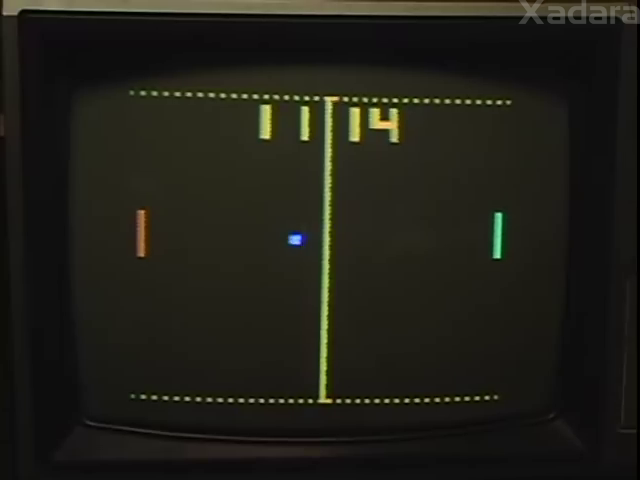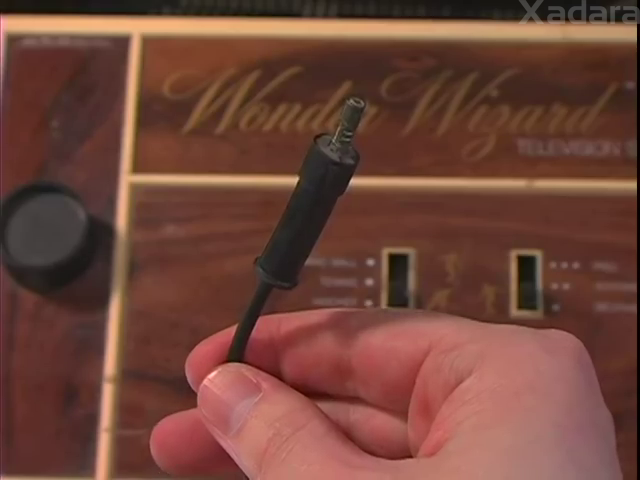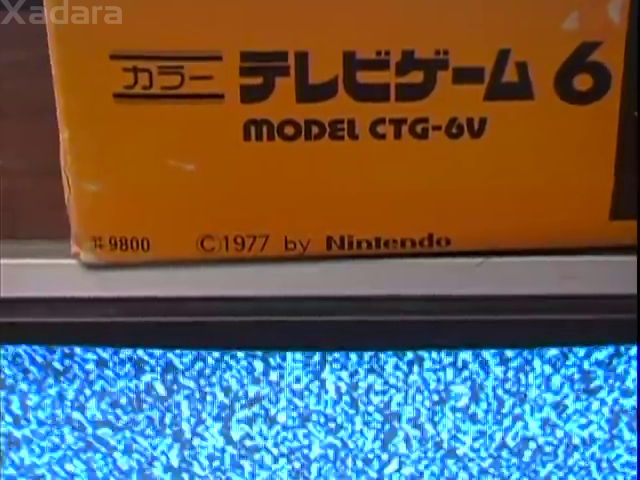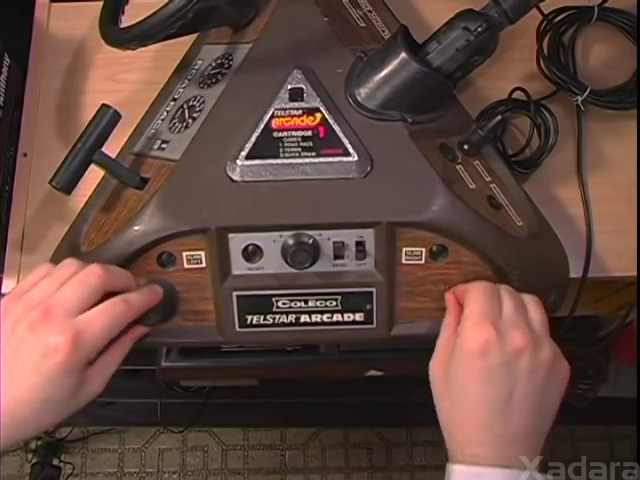Ah, Pong. Not the first video game, but the first one to really become popular. Through the mid 70’s Pong was pretty much it — the genesis of gaming in our cultural consciousness. In the wake of the success of the original arcade hit, a home version was made. Then another, and another, with tons of companies making them. In fact, there were so many different “pong consoles” available it led to a video game market crash of its own by the late 70’s!
These consoles are the subject of this Angry Video Game Nerd episode — after a quick bit of history and explanation on just what a pong console is (basically just a home game console built around a ball and paddle game variant usually resembling or identical to the Atari game “Pong”) then proceeds to demonstrate a few of them to us.
This is kind of a wild episode in that it has no real order — it’s literally just pong console after pong console, with a few surprises thrown in.

Some of these are incredibly primitive — black and white only, not even able to keep score in some cases, and the control schemes go all over the place. Others are quite advanced, damn near being little home arcade machines with multiple other games available. It was truly an incredibly odd time!
James spends a bit of time mentioning the RF only nature of these systems, and the little conversion boxes they use — especially the Wonder Wizard and how it uses the same unique connector as the Odyssey!

James follows this up by taking a chance to talk about the RCA Studio 2, a very early cartridge console that’s very odd, to say the least, which uses an odd power and video switch box system similar to the Atari 5200.
We continue onward with more odd pong consoles, some of them not working correctly, and it’s just a glorious mess — controllers as big as the main consoles, systems with even more strange and proprietary connectors that can’t be changed out, and even a look at a pong console by Nintendo! We follow that up with a pong console that even had a shooting game with it before taking a moment to also address how many of these machines were designed to use batteries, with a mains power supply as an option, rather than as a rule!

Next up, a short look at one of the many Odyssey branded pong consoles before we move on to another one of the first cartridge based systems ever, the Fairchild Channel F which has to have one of the most interesting controller designs ever — one I actually quite want to try out sometime.
We end with a Coleco Telstar and the Telstar Arcade! Yep, a pong console, a driving game, and a shooting game, all in one triangular beast of a machine. It’s wild to see how it branched out.

With the consoles quickly looked at, the Nerd takes a moment to wonder what people thought back all those years ago about the future, before taking a look at his Xbox 360 (recall this was a 2010 video so that system was still quite current) and wonders what games it may have.
The look on his face while playing Grand Theft Auto IV is absolutely priceless.
Final Rating: 4.0/5
For such a short, simple episode, it’s a good one. That’s the simplest I can say. As is well known, I love these older game machines and how strange they seem today, and this look at pong consoles, especially after the Swordquest episode, was awesome.
Something I didn’t realize at the time was that this was about the end of the “big push” of Nerd episodes — James began suffering burnout due to the high rate of production and would take a brief break from the series, marking the end of two episodes a month, and thus is also in retrospect the end of Season 4 of the series. Following this releases would become a bit less frequent as James spread his time over other projects and his personal life.

1 Comment
Add a Comment